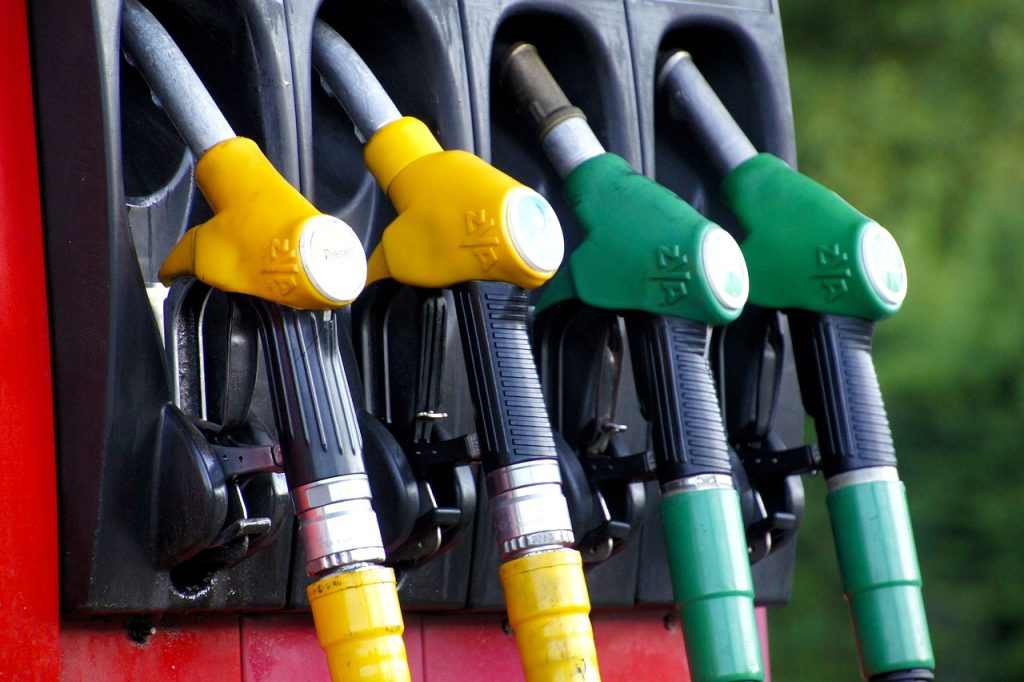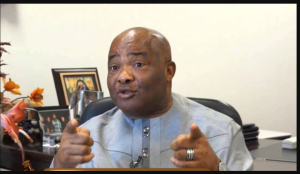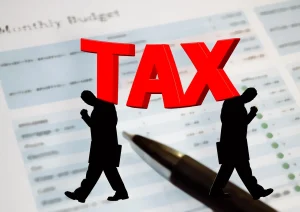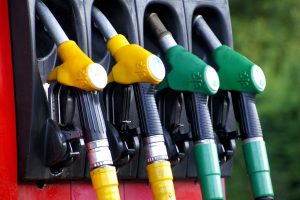
Balancing fuel pricing in Nigeria

Just recently, developments in Nigeria’s downstream petroleum market took a significant turn with the Nigerian National Petroleum Corporation Limited announcing it had ceased fuel importation and would now source all supplies from Dangote Petroleum Refinery. The Independent Petroleum Marketers Association of Nigeria, a key player with 30,000 retail outlets, revealed a deal to procure petrol, diesel, and aviation fuel from Dangote. Similarly, the management of Dangote Refinery is set to discuss direct supply arrangements with the Petroleum Products Retail Outlet Owners Association of Nigeria in the coming days.
These moves suggest a softening of earlier tensions between Dangote Refinery and independent marketers, who had previously accused the refiner of pricing petrol beyond reach and excluding them from fuel supply deals despite deregulation. The marketers argued they could import fuel cheaper than the N990 per litre offered by Dangote, while Dangote countered that fuel sold below domestic prices was likely substandard. Amidst this standoff, the real victims remain the consumers, struggling with record-high pump prices in a country that now boasts Africa’s largest refining facility, capable of processing 650,000 barrels per day. It’s a bitter irony for Nigerians, who desperately need affordable and available fuel.
The removal of fuel subsidies and the shift to market-driven pricing were positioned as economic necessities. However, for most Nigerians, household incomes have not adjusted to support the steep price jumps—up from N187 per litre to as much as N1,300 within a year and a half. Rising fuel prices, compounded by a 70% naira devaluation since June 2023 and dramatic hikes in electricity tariffs, have caused widespread hardship. Food and transportation costs have soared, pushing many families deeper into financial distress. Ad-hoc government interventions, including palliatives, have failed to provide meaningful relief, underscoring the urgent need for a strategy to bring petrol prices down.
Compressed natural gas (CNG) has been touted as an alternative, but it will take time to establish a mature market with broad adoption. In the meantime, the government must ensure that its crude-for-naira agreements with local refiners strike a balance that benefits both suppliers and consumers. Given the government’s financial stakes in Dangote Refinery—through tax concessions, NNPCL’s $1 billion investment, and crude supply arrangements—it has the leverage to scrutinize the variables driving pump prices and prevent monopolistic practices that could harm the market.
While a tax-free status for Dangote Refinery within a free trade zone might justify competitive pricing, the absence of other significant players in the refining sector raises concerns about unchecked price control. The ongoing dysfunction of Nigeria’s four state-owned refineries, combined with delays in bringing other private refineries online, leaves Dangote Refinery as the dominant player. To ensure healthy competition, the government must keep the option for fuel imports viable, encouraging other marketers to challenge market dominance and stabilize prices.
Beyond the immediate fuel crisis, alternative solutions must be prioritized. Reducing tariffs on solar panels, inverters, energy-efficient appliances, and other renewable energy products can offer consumers relief from petrol’s outsized impact on private power generation. Transitioning Nigeria to a more sustainable energy future aligns with global environmental goals while cushioning citizens from the volatility of fossil fuel markets.
These reforms provide a critical opportunity for Nigeria to redefine its energy landscape, but their success hinges on equitable implementation. As fuel touches every aspect of daily life, prices must not spiral unchecked in the name of deregulation. While the Dangote Refinery represents a new times of local refining capacity, the true measure of its success will be the extent to which it alleviates hardship, promotes sustainability, and fosters a fair, competitive market that works for all Nigerians.









